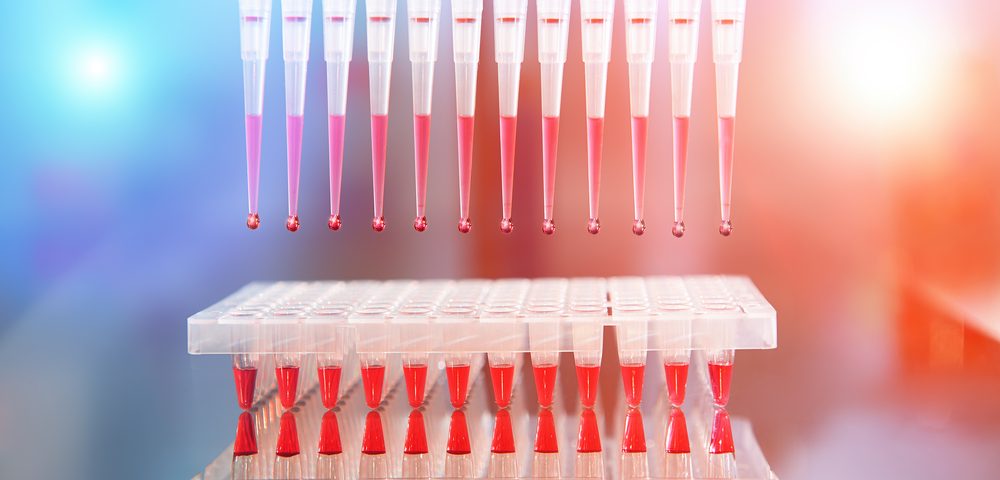The cells that support tumors — generally called stromal cells — play a significant part in the resistance to immune checkpoint inhibitor therapies seen in some urothelial cancers, according to a new study. The findings provide a rationale for combining PD-1 immunotherapies with therapies that target these cells.
The study, “EMT- and stroma-related gene expression and resistance to PD-1 blockade in urothelial cancer,” appeared in Nature Communications.
Treatment options for metastatic urothelial cancer — a kind of bladder and urinary tract cancer — have broadened with the introduction of immune checkpoint therapies such as Opdivo (nivolumab) and Keytruda (pembrolizumab).
Among those who no longer respond to chemotherapy, 15% to 25% achieve durable responses using these immunotherapies. But despite the progress, researchers have yet to understand why only a small subset of patients benefits from treatment.
Studies in multiple cancer types have shown that tumors infiltrated with T-cells are associated with a better chance of response to immune checkpoint inhibitors. Still, many patients with high T-cell levels within their tumors fail to respond to these therapies.
Epithelial-to-mesenchymal transition (EMT), the process by which cancer cells gain the ability to invade distant organs and metastasize, has been thought to affect the response to immunotherapies. But studies have produced contradictory results. While the production of EMT-related genes is linked to increased infiltration of T-cells in tumors, the genes also seem to be associated with immune resistance and worse survival rates.
Now, researchers at New York’s Icahn Institute for Genomics and Multiscale Biology, Mount Sinai, have examined the role of EMT in the response to immune checkpoint inhibitors.
Using genetic information from urothelial cancers — stored at The Cancer Genome Atlas database — researchers discovered that EMT-related genes were produced mostly by stromal cells rather than cancer cells. Stromal cells generally make up the connective tissue and blood vessels that support the tumor.
“EMT-related gene expression in UC … may require reinterpretation given the key contribution of stromal cells to such gene expression,” researchers said.
The findings suggested that stromal cells play a part in the response to immune checkpoint inhibitors. And data from the CheckMate 275 Phase 2 trial (NCT02387996) — which led to Opdivo’s approval for urothelial cancer — confirmed this.
In the trial, patients with high T-cell infiltration had worse survival outcomes if they had more EMT-related gene expression.
To determine why this was happening, researchers looked at the spacial localization of immune cells to cancer cells. They found that tumors with more stromal-related genes had fewer T-cells in direct contact with cancer cells.
“Together, our findings suggest a stroma-mediated source of immune resistance in UC and provide rationale for co-targeting PD-1 and stromal elements,” researchers concluded.
In addition, when considering immune checkpoint inhibitors, “the balance of T-cell vs. EMT/stromal elements may provide a more informative snapshot of the antitumor immune response than measures of T-cells alone,” they wrote.
Investigators are now working to validate these biomarkers as potential prognostic tools for urothelial cancer, and to understand the mechanisms leading to T-cell exclusion from tumors with high stromal-related gene expression.


